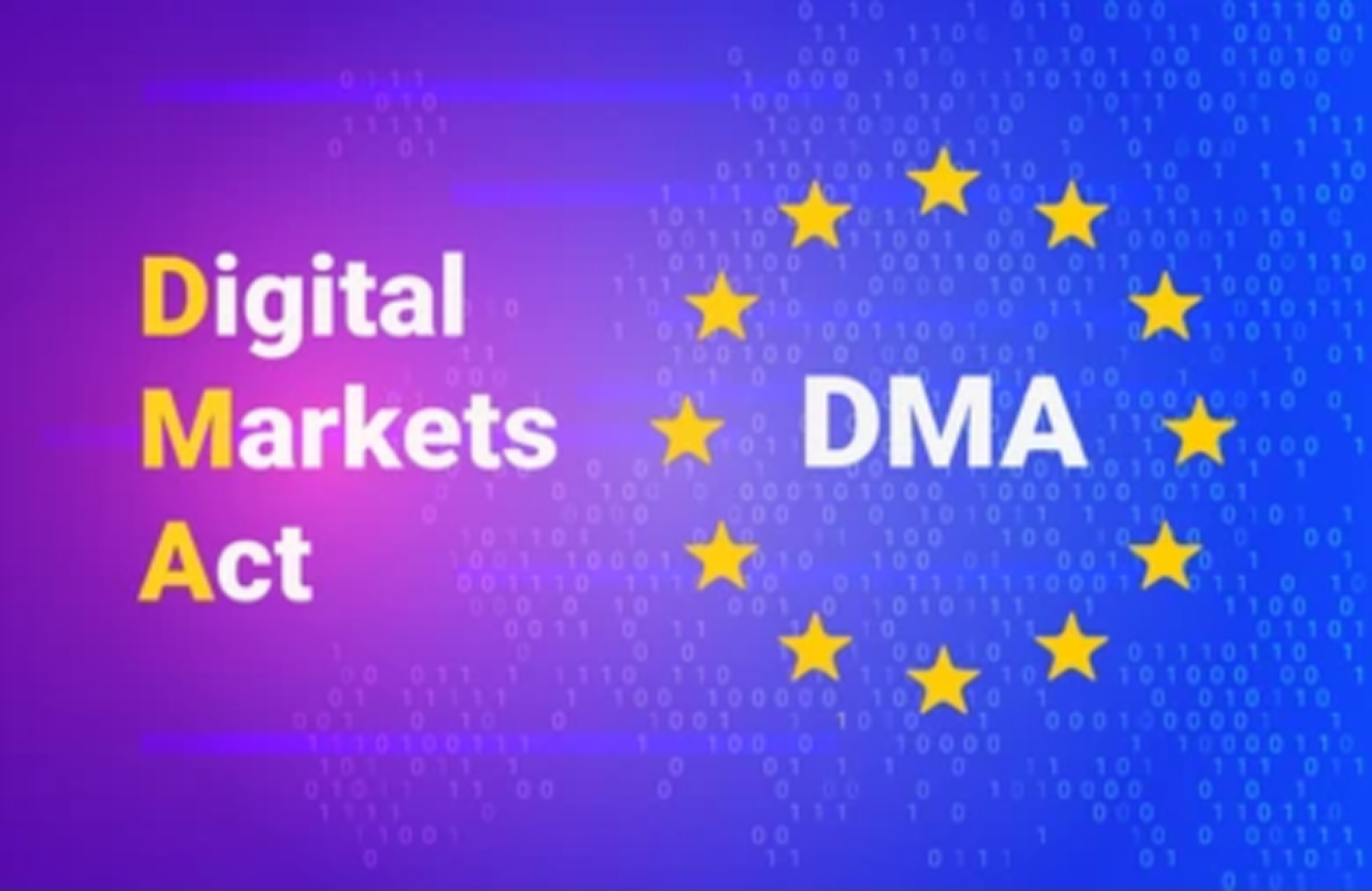The Digital Markets Act (DMA) will significantly impact competition in the digital landscape by limiting large digital actors, designated as gatekeepers, from engaging in practices deemed to be unfair. It will ultimately target Big Tech companies, like Google, Meta, and Apple, who may find that they will need to change their business models.
The DMA is part of the European Union’s digital strategy that aims to “strengthen digital sovereignty and set standards”, creating “a Europe fit for the digital age”. It was published in the Official Journal of the European Union on October 12, 2022, and will come into force on November 1, 2022.
The impact of the DMA on tech deals
The DMA is an ex-ante regulation (before the event) regulation, involving the application of strict, transparent rules to digital platforms before they engage in any anticompetitive behavior.
While the DMA is not about regulating M&A activity per se, the notification obligation in the Act will have a significant impact on the deals that gatekeepers are intending to do as they will be required to notify the Commission of Mergers “where the merging entities or the target of concentration provide core platform services or any other services in the digital sector or enable the collection of data.” This will be the case even if the merger does not meet the threshold requirements for notification under the EU merger regulation. The goal is to be able to catch ‘killer acquisitions’, whereby large tech players acquire start-ups and companies that could become rivals in the future. Therefore, the notification obligation enables member states and the Commission to pay attention to deals that could be deemed anti-competitive.
Upon infringement of the DMA’s provisions, gatekeepers will be subject to hefty fines of between 10% to 20% of a company’s annual global turnover for the preceding year. Given that the Act overlaps with areas of competition law, coordination and collaboration will be necessary between different regulators to ensure that sanctions targeting the same behavior, but which are sanctioned separately, are ultimately proportionate.
Concerns regarding the DMA
Different jurisdictions have differing views regarding regulating technology platforms. The US, for example, does not have a single piece of comprehensive regulation targeting Big Tech. Regulation is seen to impede the environment required for tech to flourish, as pushing regulation too hard could result in consumers losing access to certain technology services and businesses losing out on markets. According to a survey conducted by Pew Research Center between April and May 2022, 44% of Americans think major technology companies should be regulated more than they are now, down from 56% the year before. The concern is that limiting successful technology platforms through regulation will kill tech innovation.
How well do you really know your competitors?
Access the most comprehensive Company Profiles on the market, powered by GlobalData. Save hours of research. Gain competitive edge.

Thank you!
Your download email will arrive shortly
Not ready to buy yet? Download a free sample
We are confident about the unique quality of our Company Profiles. However, we want you to make the most beneficial decision for your business, so we offer a free sample that you can download by submitting the below form
By GlobalDataWhile there is a general reluctance in the US to regulate things, the EU takes a stricter approach to regulation, taking into account societal concerns. This can be attributed to the difference in the cultural mindset of the EU and the US. This is also reflected in privacy law where the EU places consent at the forefront of privacy, while the US is only concerned with whether or not there is a contract or law that inhibits them from using personal information.
Regulating Big Tech
Margrethe Vestager, Executive Vice-President for A Europe Fit for the Digital Age, states that “big platforms will have to refrain from promoting their own interests, share their data with other businesses, enable more app stores. Because with size comes responsibility – as a big platform, there are things you must do and things you cannot do.”
Following the publication of the DMA, antitrust complaints have resurfaced against Google. According to Reuters, more than 40 rival European platforms called upon the Commission to use the new tech rules to ensure that Google complies with the 2017 EU order. Google had been fined EUR2.4 billion ($2.8 billion) for its anticompetitive behavior, however, it is argued that its chosen remedy has not been effective in enforcing a level playing field for ads. In their letter to Margrethe Vestager, the companies argue that “Google’s prominent embedding of Shopping Units is a prima facie infringement of the DMA’s ban on self-preferencing.” It is likely that other Big Tech companies, such as Apple, which have also previously faced charges regarding anticompetitive practices, will be caught under the DMA. While it is evident that obligations under the DMA will bring greater attention to Big Tech activity, whether the DMA will be able to become a global model, like the GDPR, will ultimately depend on the success of the DMA in the EU.








Related Company Profiles
Apple Inc